I'm trying to create a library Lib.dll to get dynamically called from a console application but cannot find the function funci() I want to call.
The Lib.dll is the outcome of a project (Console Application, but set to Configuration Type: .dll) created in Visual Studio 2019.
Lib.cpp is the only file in that project, and only contains the code:
__declspec(dllexport) int funci()
{
return 50;
}
I think I'm exporting the function correctly as I found the function by using DLL Export Viewer v1.66.
However, I struggle to locate the function through my Console Application (.exe):
#include <windows.h>
#include <iostream>
typedef int(__cdecl* o_funci)(void);
o_funci funci;
int main()
{
HINSTANCE hGetProcIDDLL = LoadLibraryA("C:\\Lib.dll");
if (!hGetProcIDDLL) {
std::cout << "could not load the dynamic library" << std::endl;
return EXIT_FAILURE;
}
// resolve function address here
funci = (o_funci) GetProcAddress(hGetProcIDDLL, "funci");
if (!funci) {
std::cout << "could not locate the function" << std::endl;
return EXIT_FAILURE;
}
std::cout << "funci() returned " << funci() << std::endl;
FreeLibrary(hGetProcIDDLL);
}
Something is going wrong at GetProcAddress but don't know why. Where did I go wrong?
Output:
I've been looking at this old post: Dynamically load a function from a DLL
EDIT: SOLVED THANKS TO tenfour
I used DependencyWalker.
Without extern "C" I could see the undecorated funci had the name ?funci@@YGHXZ,
So funci = (o_funci)GetProcAddress(hGetProcIDDLL, "?funci@@YGHXZ"); worked.
With extern "C" the undecorated funci had the name _funci@0 - a little cleaner.
Another note; using ordinal 0x0001 worked in both cases. Like this: funci = (o_funci)GetProcAddress(hGetProcIDDLL, (PCSTR)0x0001);




